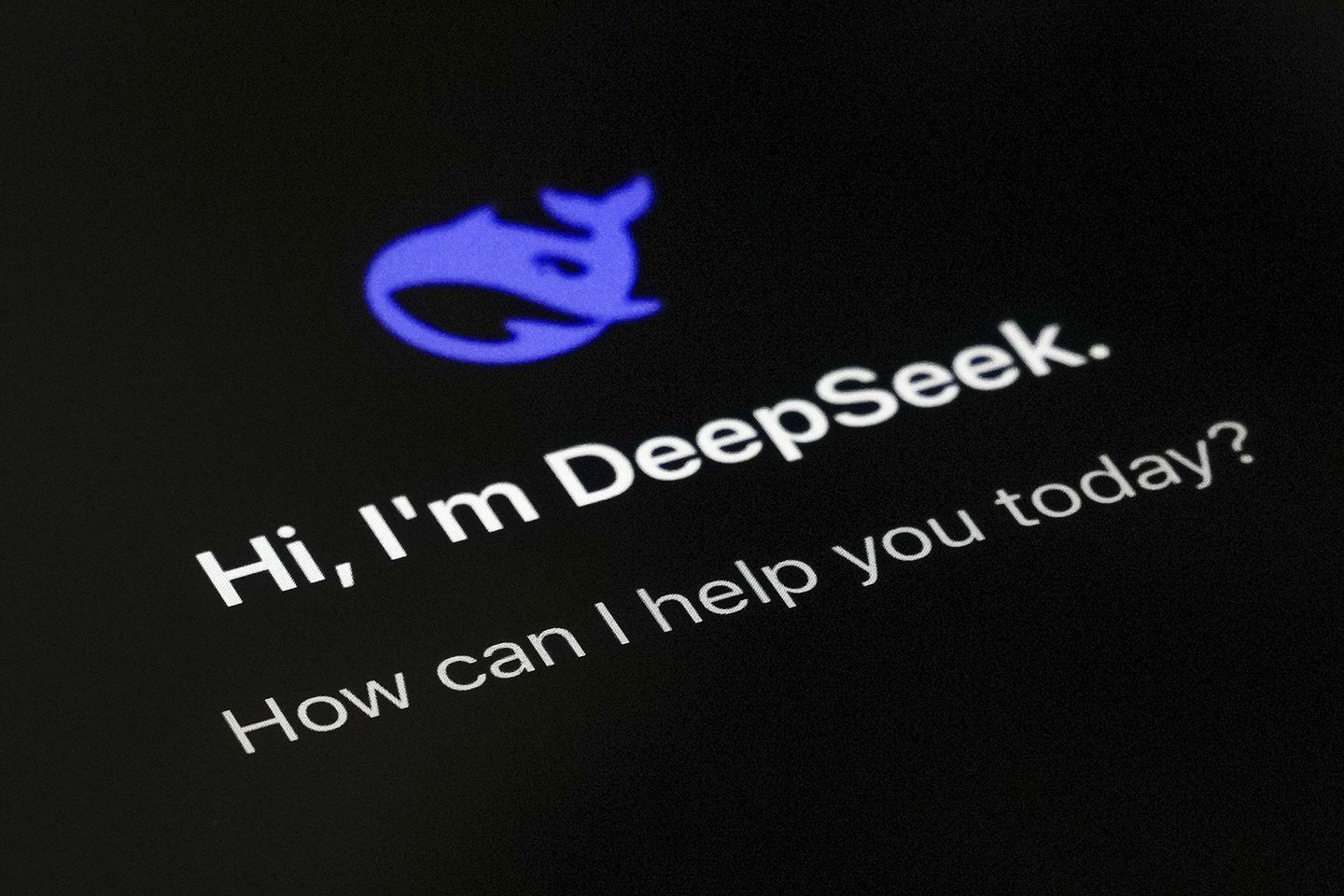
China’s artificial intelligence advances exemplified by the company DeepSeek have U.S. lawmakers worried about potentially far-reaching implications on the privacy and security of American citizens.
The Chinese firm DeepSeek unveiled a powerful model earlier this year that reportedly compared favorably to Western AI rivals at a fraction of the cost, though skeptics cast doubt on some of DeepSeek’s cost claims.
The House Science Committee is digging into DeepSeek’s potential threat to national security, and Rep. Jay Obernolte is worried that the Chinese model may put Americans’ data at risk.
The California Republican said Tuesday that the public’s increasing willingness to share private and personal data with AI systems is creating a dangerous environment for people’s data.
“The deployment of DeepSeek provides the [Chinese Communist Party] with a backdoor to this sensitive information,” Mr. Obernolte said during a committee hearing. “This risk will only grow as we enter the era of agentic AI, where AI systems will actively book our travel, manage our finances, analyze our health records and handle other sensitive personal affairs on our behalf. We cannot allow DeepSeek and other CCP-controlled entities access to this information.”
Democrats are worried about Chinese efforts to hoover up top tech info as well.
Rep. Zoe Lofgren, California Democrat, said America needs an offensive and defensive strategy to win the global AI race.
She said she is particularly concerned that China is recruiting technologists ousted by the Trump administration’s efforts to downsize the federal government.
“The Trump administration has fired thousands of government professionals in critical technology roles,” she said at the hearing. “These talented individuals are now being recruited by other countries including China.”
China’s tech transfer and alleged intellectual property theft efforts have long irked Congress and appear to be paying dividends for the communist country.
For example, the House Science Committee is reviewing claims that DeepSeek used American resources to make big gains and is probing OpenAI’s claim that DeepSeek used the American firm’s models to train DeepSeek’s models.
Regardless of how they got there, China is moving ahead. The Stanford Institute for Human-Centered AI published a new report this week showing China running faster in the global AI race.
America continues to lead in producing more top AI models — but China is gaining ground, according to the 2025 AI Index Report from Stanford.
“In 2024, U.S.-based institutions produced 40 notable AI models, compared to China’s 15 and Europe’s three,” the report said. “While the U.S. maintains its lead in quantity, Chinese models have rapidly closed the quality gap. … China continues to lead in AI publications and patents.”
Policymakers and lawmakers in Washington are brainstorming strategies to win the global AI competition. The Trump administration is developing an “AI Action Plan” intending to enhance America’s AI “dominance.”
R Street Institute senior fellow Adam Thierer told House lawmakers on Tuesday that traditional containment strategies would not help America win an “AI Cold War” against China.
“We’re not going to bottle up all Chinese AI advances with analog era trade restrictions and export controls,” Mr. Thierer said in written testimony. “Costly and poorly targeted industrial policy gimmicks won’t work either. We won’t beat China by copying China.”
Mr. Thierer said policymakers should look to the cooperative approach of congressional Republicans and the Clinton administration in the 1990s that sought to create “flexible governance” for online commerce and speech.
He recommended lawmakers adopt a checklist of items intended to spur freedom in the AI sector, such as embracing open source tools, ensuring diverse energy markets, recruiting top talent, balancing copyright and data privacy rules, and creating a national framework that trumps the “confusing patchwork of almost 1,000 state and local AI proposals pending today.”
“We must not allow fear-based policies to impede American AI development and diffusion, or else China wins,” he said.





![Jasmine Crockett Justifies Mass Illegal Immigration With Bizarre Argument [WATCH]](https://www.right2024.com/wp-content/uploads/2025/03/1742007023_Jasmine-Crockett-Justifies-Mass-Illegal-Immigration-With-Bizarre-Argument-WATCH-350x250.jpg)

![NYC Tourist Helicopter Falls into Hudson River, Siemens Executive and Family Among Those Killed [WATCH]](https://www.right2024.com/wp-content/uploads/2025/04/NYC-Tourist-Helicopter-Falls-into-Hudson-River-Siemens-Executive-and-350x250.jpg)








